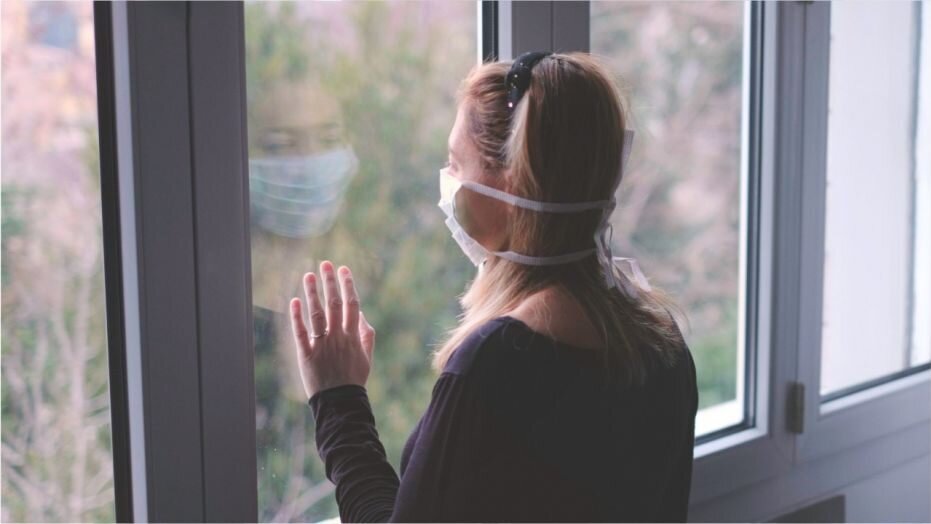Growing up, you would typically find my best friend, Nica, and I hanging out with the neighborhood gang bicycling around our subdivision. We thought it was fun riding around trading bikes back and forth, but in the spring of my fourth grade year, it turned out to be anything but fun. It was the first warm day of spring, and we had both decided it would be a good day to break the bikes out for a test drive. We were on each other’s bikes heading down a nearby hill when Nica yelled, “by the way, my brakes don’t work!” Did she really just say what I think she said? I began to panic, as we picked up speed heading down Miami Avenue and straight for my grandma’s house. What came after that was all a blur. The next thing I remember was waking up in the hospital laying flat on a gurney. Apparently, bikes and brick walls don’t go well together.
I have long forgiven Nica for the defective bike and concussion, but I still haven’t forgotten the intense fear from that warm spring day. Even after forty plus years, I STILL get nervous when going downhill fast. I know, I should be over that fear by now, but if I’m not careful, I still find myself getting anxious about going skiing or riding a bike.
How about you? Do you have anxieties or fears that keep you from living your best life? Maybe something that you can link all the way back to your childhood? I know I’m not the only one. Most of us have some kind of fear or phobia that can make us think twice. That’s pretty natural, but we can’t ignore the effect the past two to three years has had on the state of our mental health. COVID has accelerated the decline in an already sad and anxious world. Pardon the pun, but you might even say we are going downhill fast! But even before COVID, we were seeing a rise in anxiety and depression. Check out the top three culprits that contribute to the decline of our mental health.
Lack of Sleep
Poor eating
Lack of Exercise
So what’s going on? Why are these big three having such a drastic effect on our mental health? Hmm! Any guesses? You guessed it- SCREEN TIME. No surprise that research has found a direct correlation between screen time and anxiety/depression especially in children’s developing minds. According to a 2021 study, San Diego State University psychologist Jean Twenge and University of Georgia psychology professor W. Keith Campbell write, “too much time spent on gaming, smartphones and watching television is linked to heightened levels and diagnoses of anxiety or depression in children as young as age two”, according to their new study.
They report, “Even after only one hour of screen time daily, children and teens may begin to have less curiosity, lower self-control, less emotional stability and a greater inability to finish tasks.”
“Twenge and Campbell found that adolescents who spend more than seven hours a day on screens were twice as likely as those spending one hour to have been diagnosed with anxiety or depression – a significant finding.”
So, mom and dad, we need you! We need you to step up and be the parent. It’s time we take a stand and fight back against what the world says is cool and ok for our kids. No, your children won’t like it when you delay the smartphone or turn off the tablet, but that’s ok. They’re kids. No different than when you tell them they can’t have candy for dinner. They don’t want to hear the word “NO”, but they desperately need healthy limits. They need someone in their life that models what healthy looks like. Please mom and dad, give your child a chance to experience the peace and joy that comes with healthy habits and a healthy mind. It’s time we stop letting the world define what our kids should or should not have or do. Let’s try and stop this runaway train before it hits the wall. Our kids desperately need our help because the research is alarming. The state of their mental health is going downhill way too fast!
Click HERE for a FREE DOWNLOAD on Recognizing Anxiety and Depression in our Kids and the steps to help them.




